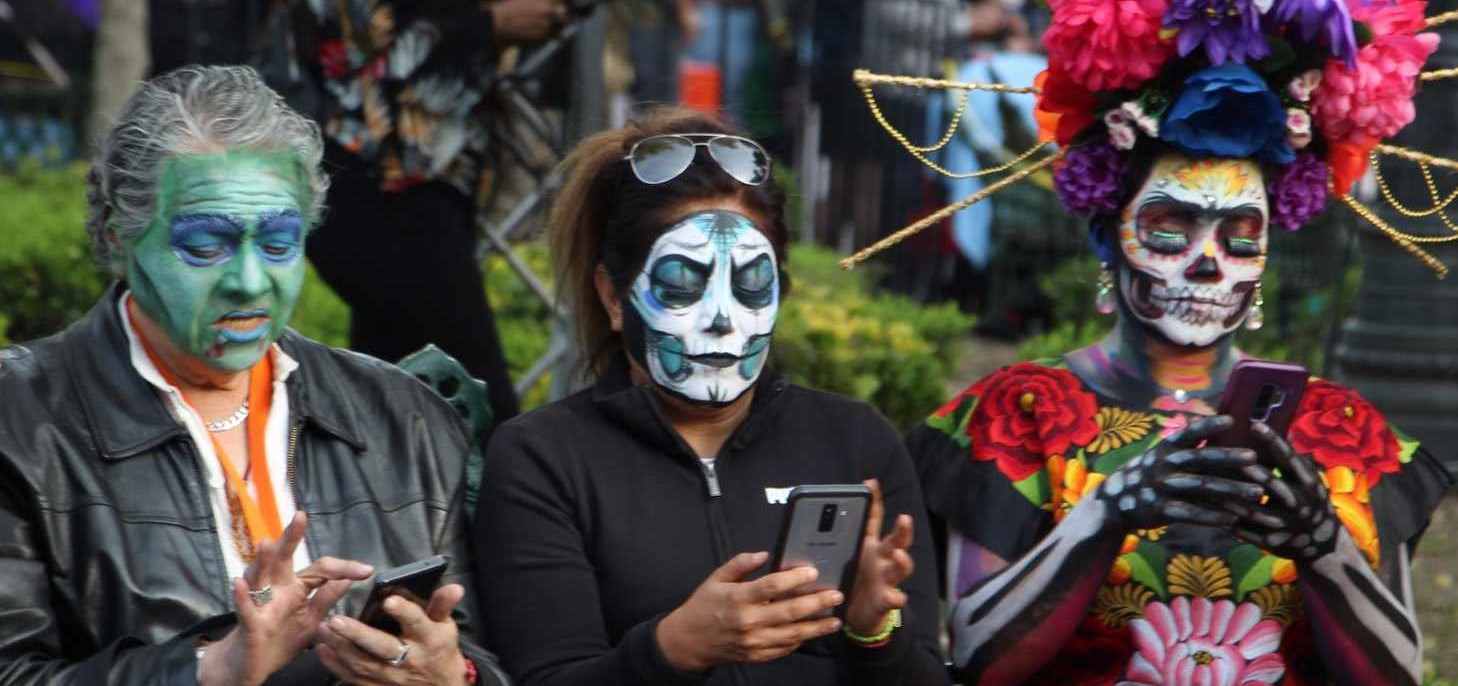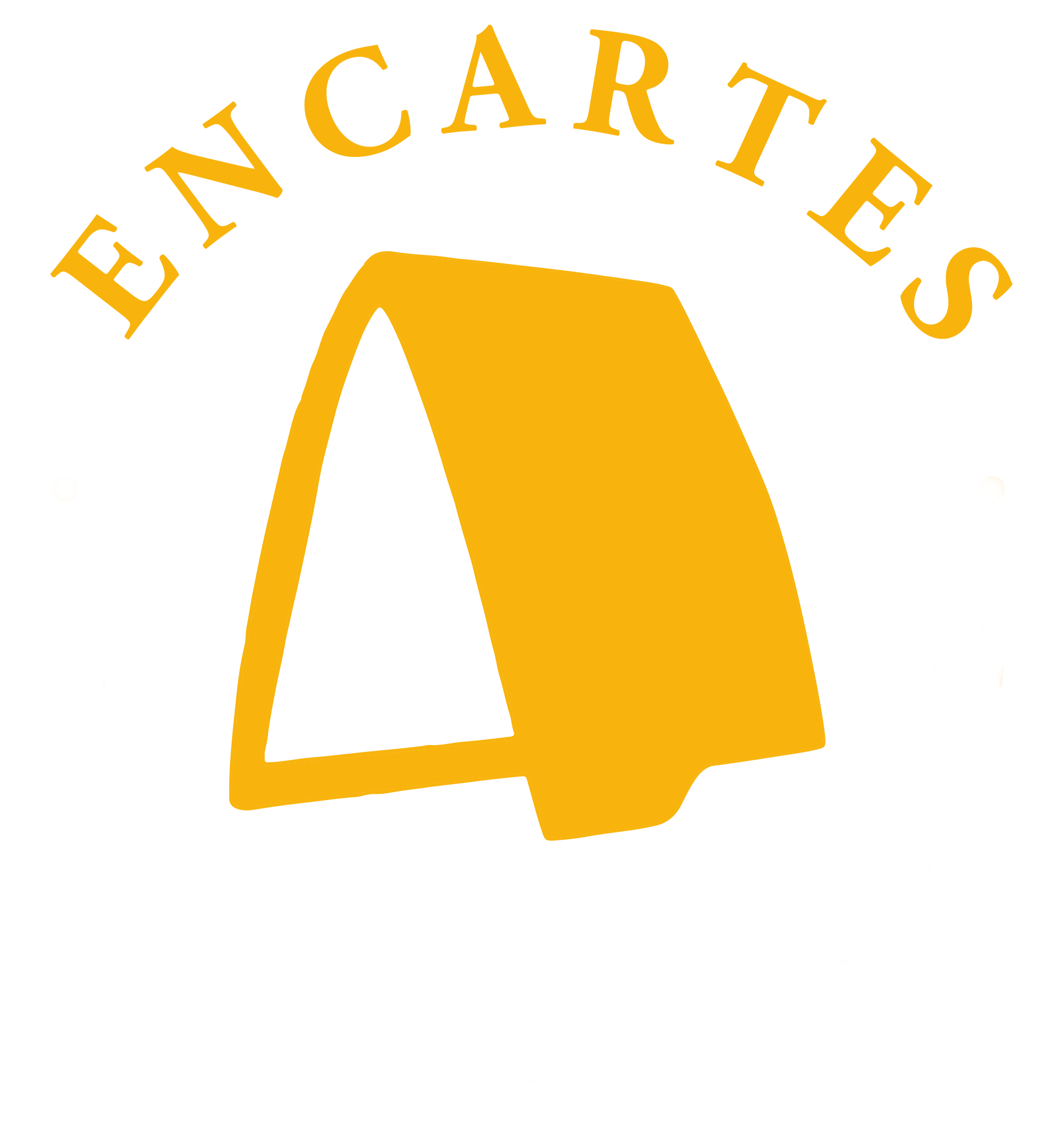home » Interviewees » Page 2
Interviewees
Entrevistas
Vol 5 No 10 (2022)
The Movement of History, The Movement of Life Within
Entrevistas
Vol 5 No 9 (2022)
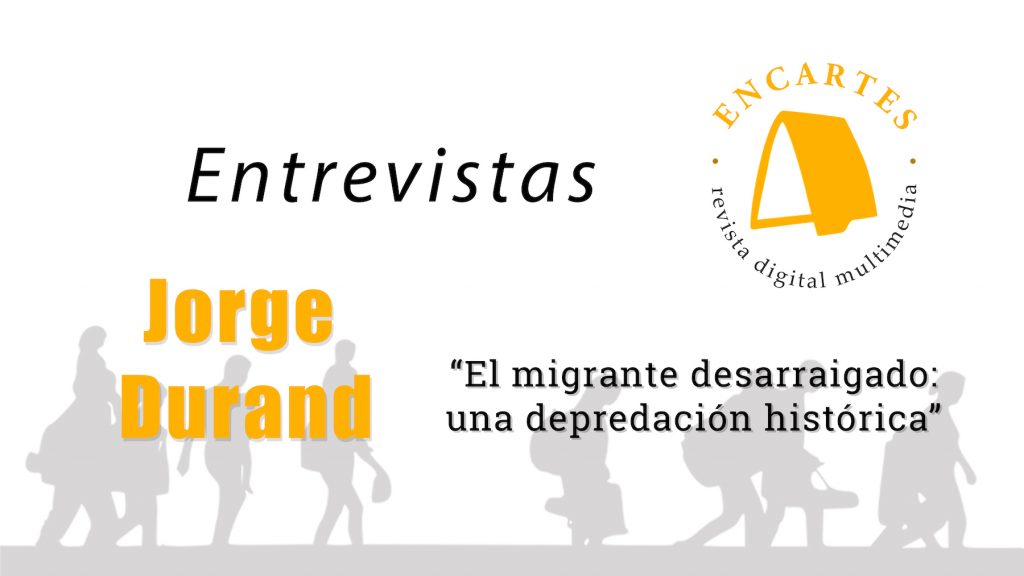
The Rootless Migrant: A Historical Depredation
Interview with - Jorge Durand
- Manuela Camus
Jorge Durand is the guest in this interview section of Encartes magazine. Anthropologist and researcher at the University of Guadalajara, where he holds the Chair of Migration, Jorge Durand is a specialist in the United States-Mexico migration dynamics. On this occasion, he describes his incursion into the northern countries of Central America and the new protagonist figure in the region: the uprooted.
Entrevistas
Vol 5 No 9 (2022)
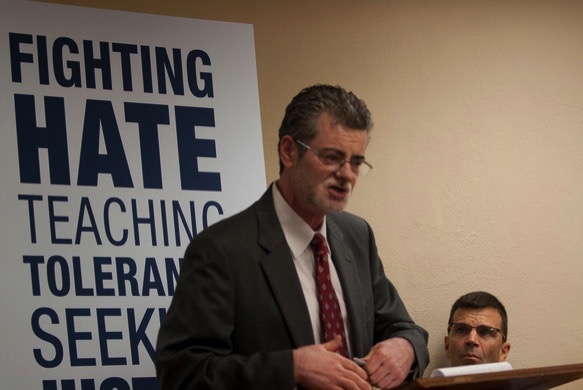
The Radical Right and Trans-Media Digital Narratives in the United States of America. Interview with Mark Potok
Interview with - Mark Potok
- José Antonio Abreu Colombri
The interview was conducted in the second half of August 2021 through the exchange of several questionnaires and texts (via email). At the beginning the interviewer and the interviewee did not know each other personally. The main motivation for the interview lies in getting to know the interpretations of Mark Potok, one of the foremost experts on current political thought and radical and violent right-wing movements in Europe and North America. His career has been characterized by great social sensitivity, a hyperactive work pace and a selfless commitment to the dissemination of his areas of expertise in all types of media.
Entrevistas
Vol 4 No 8 (2021)
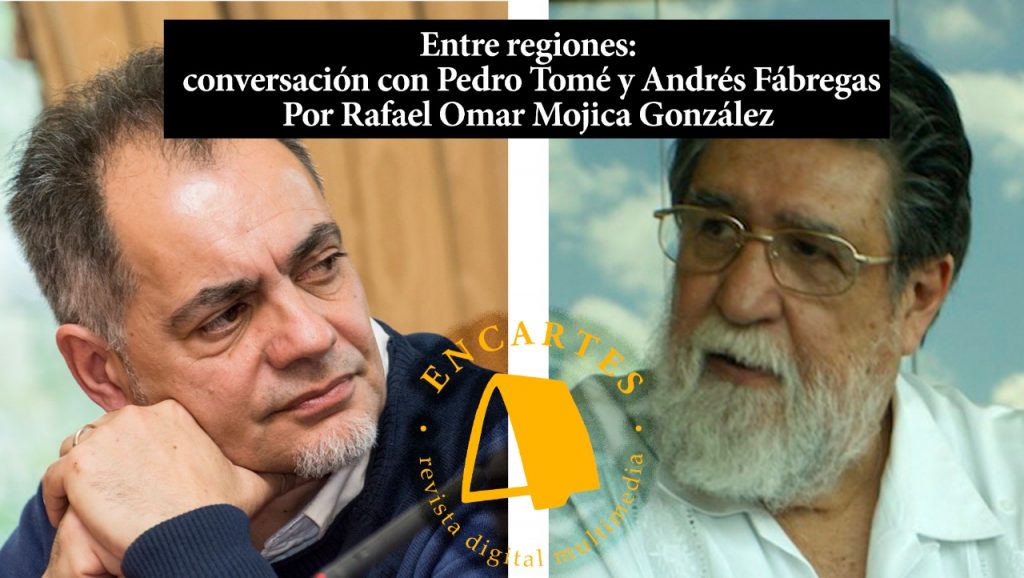
Between Regions: Conversation with Pedro Tomé and Andrés Fábregas
Interview with - Andres Fabregas Puig
- Pedro Tomé
- Rafael Omar Mojica González
Pedro and Andrés talked about the ways of interacting when researching in the regions: drinking beers, playing cards, telling jokes and other ways to get close to the people under study to talk, play and laugh with them, and at the same time get to know their culture and get to know them. These interactions give rise to affection and friendships. They are coexistence in the heat of a campfire in which each researcher "must accept a certain alteration of his or her vision of the world," as Andrés pointed out. An interculturality that goes back and forth.
Entrevistas
Vol 4 No. 7 (2021)
"There is no way to carry the Church forward without counting on women." Women, Synod of the Amazon and challenges in the present of the Catholic Church
Interview with - Maria Clara Bingemer
- Claudia Touris
- Sebastian Pattin
Keywords: Catholic church, women, Synod of the Amazon.
In April 2020, shortly after a new anniversary of Jorge Mario Bergoglio's assumption of the Petrine See in March 2013, we interviewed Brazilian theologian Dr. Maria Clara Bingemer by video call with the purpose of discussing the role of the women, the Synod of the Amazon and the current challenges of the Catholic Church. Recognized for her works Theology and Literature: Afinidades e segredos compartilhados (Editora Vozes, Petrópolis, 2016), Latin American Theology: Roots and Branches (Orbis Books, New York, 2016), Mística e Testemunho em Koinonia: a Inspiração que vem do Martírio de Duas Communities do Século xx (Paulus Editora, San Pablo, 2018) and Simone Weil: Contra o colonialismo (Bazar do Tempo, Rio de Janeiro, 2019), Bingemer, a Brazilian feminist theologian, represents an intellectual effort to continue articulating the social sciences and Theology in Latin America. A graduate of Social Communication in Rio de Janeiro and a doctorate in Theology at the Gregorian University of Rome, she inherited the chair of Leonardo Boff at the Franciscan Theological Institute of Petrópolis after the ban on the renowned Brazilian theologian by John Paul II. Bingemer, specialist in Systematic Theology, works as coordinator of the Carlo Martini chair at the Catholic University of Rio de Janeiro and advises the National Conference of Bishops of Brazil, but also as editor of the Revista Eclesiástica Brasileira, Concilium and Journal of the American Academy of Religion (2003-2008).
Entrevistas
Vol 4 No. 7 (2021)
A retrospective look and new reflections on the processes of embodiment as a paradigm and methodological orientation for Anthropology
Interview with - Thomas Csordas
- Olga Olivas
On January 22, 2021 we had a conversation with Professor Thomas Csordas in which he presented the reflections that preceded and those that accompanied the development of one of his contributions to the field of Anthropology, the paradigm of embodiment, also enunciated by him as a methodological orientation for the study of culture and the self from the processes of embodiment.
Entrevistas
Vol 3 Num 6 (2020)
The endless Mexican feminist spring
Interview with - Gabriela Cano
- Arcelia E. Paz Padilla
The discussion of this interview revolved around the story of how it was possible for women to vote and be voted in Mexico, a historical chapter that we seem to take for granted. Likewise, I took the opportunity to talk with Dr. Cano about the feminist implications of such inclusion, the visibility of certain activists and their recent foray into the viral world of cybernetic memes.
Entrevistas
Vol 3 Num 6 (2020)
Gentrification and culture: a discussion based on experiences in Guadalajara, Mexico and Barcelona, Spain
Interview with - Mauro Castro Campos
- Nizaiá Cassián Yde
- Christian O. Grimaldo-Rodríguez
- Hector Robledo
This interview is a conversation that occurred during the summer of 2019, planned in the context of an international intensive summer course offered by the Western Institute of Technology and Higher Education (iteso) entitled Social Psychology, gentrification and culture. We seek to raise parallels and distinctions between the way in which urban dispossession processes operate in both Latin American and European cities, especially from the situated analysis of Guadalajara, Mexico, and Barcelona, Spain. The discussion addresses the relationship of abstract concepts such as public space and citizenship; sociocultural constructions such as race and gender, and the political, economic and cultural phenomenon known as gentrification, understood as a global process based on a city model based on the commercialization of urban life.
Temáticas
Vol 3 No. 5 (2020)
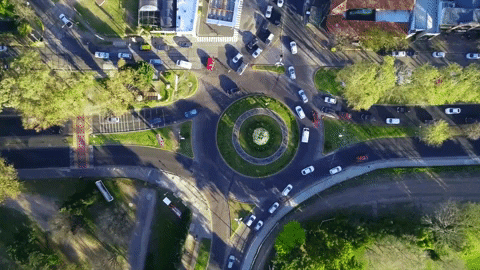
Road bodies, culture and citizenship: anthropological reflections
- Paul wright
WThis work analyzes, from the perspective of road anthropology, the way in which our individual bodies, historically and culturally, are shaped as road bodies. The conceptual framework draws mainly from various currents of Goffman and Bourdieu's sociology, performance anthropology, proxemics, phenomenology, and the political economy of culture. I analyze the various origins of road anthropology from my own biography as an anthropologist, and how the ethnographic experience gave rise to a new conceptualization of road cultures and their links to actual bodily practices on streets and sidewalks. I include comparative ethnographic cases from England, the United States, Uruguay, and Argentina, experienced and observed, that illustrate how culture, society, and the state can shape our road bodies.
